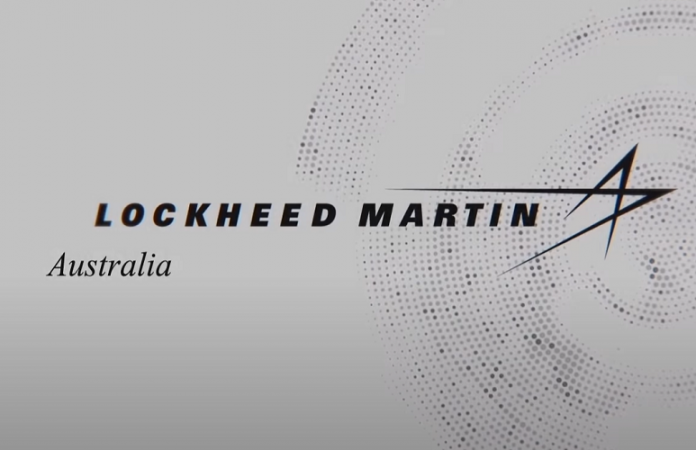
Eight Australian industry and academic organisations have secured contracts from Lockheed Martin Australia totaling $600,000 to author White Papers on the development of novel and emerging advanced technologies in support of Australia’s Attack Class Submarine combat system.
This is the second Cycle of R&D. The first cycle of R&D contracts in March 2019 saw more than $900,000 allocated to industry and academic institutions for White Paper development. Lockheed said a total of 54 responses were received for the R&D Cycle 2 topics – an 20% increase in responses over Cycle 1.
The R&D Program, which is funded under the Future Submarine Combat System Integrator Program, is based on an on-going 9-month cyclic process, each consisting of proposals from industry and academia against a set of published R&D topics.
“After a competitive review and assessment of proposal responses, down-selected responses are awarded a contract to fund further development of a White Paper,” Lockheed said in a statement.
“Upon completion of the White Papers, further contracts may be awarded to selected respondents for Ongoing Capability Research.
Joe North, Chief Executive Lockheed Martin Australia and New Zealand, said the combat system R&D Program features an continuous process to build ongoing Australian combat system R&D capabilities that have been scaled to meet the long-term needs and developing future capability and technology for the Australian Submarine Force.
He said the program includes a defined approach for transition of successful R&D outcomes into the evolving Attack class combat system baseline configurations.
“The Attack Class Submarine Program represents a long-term, multimillion-dollar investment in the future defence and security of our nation. Today’s announcement is another step towards ensuring Australia has the technology and skills to deliver and maintain a regionally superior submarine fleet,” Mr North continued.
”Lockheed Martin Australia, in concert with the Department of Defence is proud to be creating genuine R&D opportunities for industry and academia to develop enhanced and innovative combat system capabilities.”
Requests for the following topics under Cycle 2 projects were sought and the organisations that have been successful for the award of contracts of $75,000 each are shown against each topic:
- Novel methods for reliable communications on an unstable platform (contract awarded to Innovations for Humanity Pty Ltd from NSW).
- Emerging technologies for improved autonomous celestial navigation (Contract awarded to University of Adelaide).
- Distributed underwater sensor networks and their impact on submarine operations (No contracts were awarded under this topic for Cycle 2).
- Novel methods to integrate compressive sensing techniques (Contract awarded to University of South Australia).
- Novel methods to monitor, track and efficiently manage power within racks (Contract awarded to University of Melbourne).
- Use of advanced materials and fabrication processes to overcome Space, Weight, Power and Cooling constraints (Contract awarded to Airspeed Pty Ltd located in South Australia).
- Investigation into real-time monitoring of human performance (Contract awarded to University of South Australia).
- Smart driven dynamic reallocation of computing resources based on compute demands (Two contracts were awarded under this topic to University of Tasmaniaand IPACS Australia Pty Ltd located in South Australia).



















